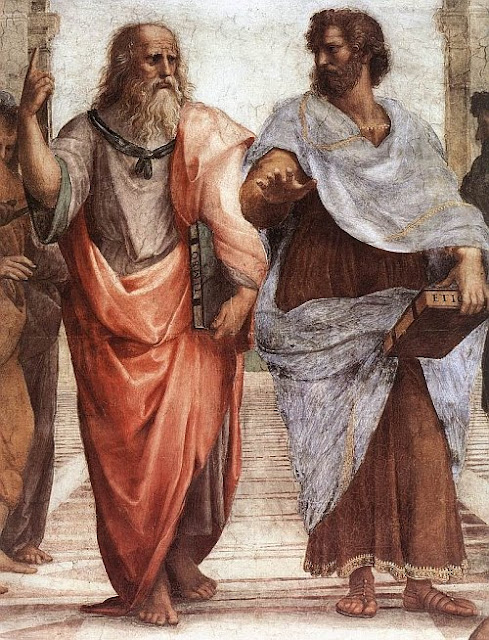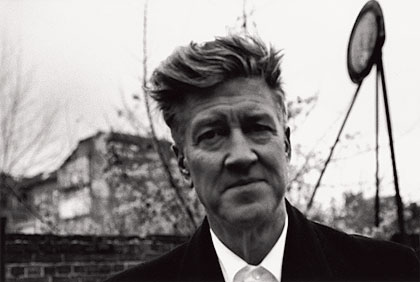A new collection of essays edited by Mary Bryden
 |
| Beckett and Animals, ed. Mary Bryden |
Beckett and Animals
Edited by Mary Bryden
University of Reading
20% discount if ordered before 28 February 2014
Order online at
www.cambridge.org/beckett14
or enter the discount code beckett14 at the checkout
The animals that appear in Samuel Beckett's work are diverse and unpredictable. They serve as victim and persecutor, companion and adversary, disconcerting observers and objects oblivious to the human gaze. Bringing together an international array of Beckett specialists, this is the first full-length study to explore the significance of the animals that populate Beckett's prose, drama and poetry. Essays theorise a broad spectrum of animal manifestations while focusing on the roles that distinct animal forms play within Beckett's work, including horses, sheep, cats, dogs, bees, insects and others. Contributors situate close readings within a larger literary and cultural context, drawing on thinkers ranging from Aristotle to Deleuze, Foucault and Agamben, and on authors such as Flaubert, Kafka and Coetzee. The result is an incisive and provocative collection that traverses disciplinary boundaries, revealing how Beckett's creatures challenge conventional notions of species identity and, ultimately, what it means to be human.
Hardback £55.00 Discount price £44.00
Contents
List of Contributors; Acknowledgements; List of Abbreviations
Introduction, by Mary Bryden
Part I: Animality
1. Shane Weller, ‘Forms of Weakness: Animalisation in Kafka and Beckett’;
2. Yoshiki Tajiri, ‘Beckett, Coetzee, and Animals’;
3. Mary Bryden, ‘The Beckettian Bestiary’;
4. David Wheatley, ‘”Quite Exceptionally Anthropoid”: Species Anxiety and Metamorphosis in
Beckett's Humans and Other Animals’;
5. Naoya Mori, ‘”An Animal Inside”: Beckett/Leibniz’s Stone, Animal, Human and the Unborn’;
6. Ulrika Maude, ‘Pavlov's Dogs and Other Animals in Samuel Beckett’;
7. Yoshiyuki Inoue, ‘Little Animals in the Brain: Beckett's “porteurs de la mémoire”’.
Part II: The Specificity of Animals
8. Jean-Michel Rabaté, ‘”Think, Pig!”: Beckett's Animal Philosophies’;
9. Linda Ben-Zvi, ‘Beckett's “Necessary” Cat(s)’;
10. Steven Connor, ‘Making Flies Mean Something’;
11. Joseph Anderton, ‘”Hooves!”: The Equine Presence in Beckett’;
12. Angela Moorjani, ‘The Dancing Bees in Samuel Beckett's
Molloy: The Rapture of Unknowing’;
13. Chris Ackerley, ‘”Despised for Their Obviousness”: Samuel Beckett's Dogs’;
14. Julie Campbell, ‘Beckett and Sheep’;
15. Maximilian de Gaynesford, ‘”Eyes in Each Other's Eyes”: Beckett, Kleist, and the Fencing Bear’;
16. Brigitte Le Juez, ‘Words Without Acts: Beckett's Parrots’.
Index
Find on Amazon: US |
UK
Also at A Piece of Monologue:
















